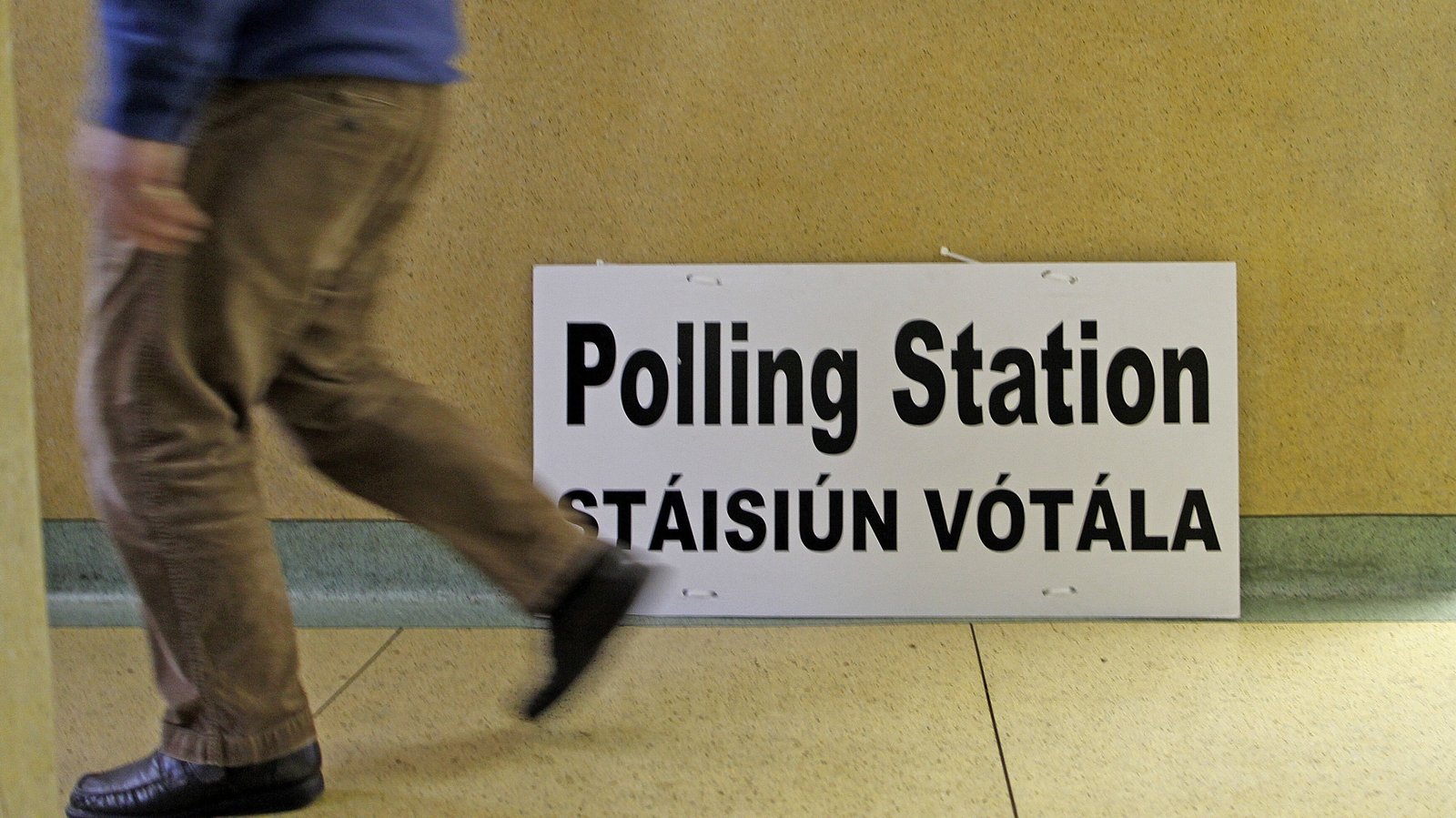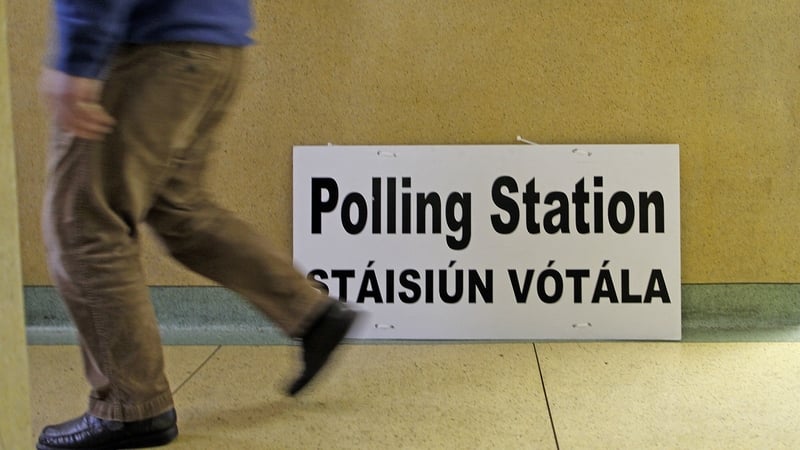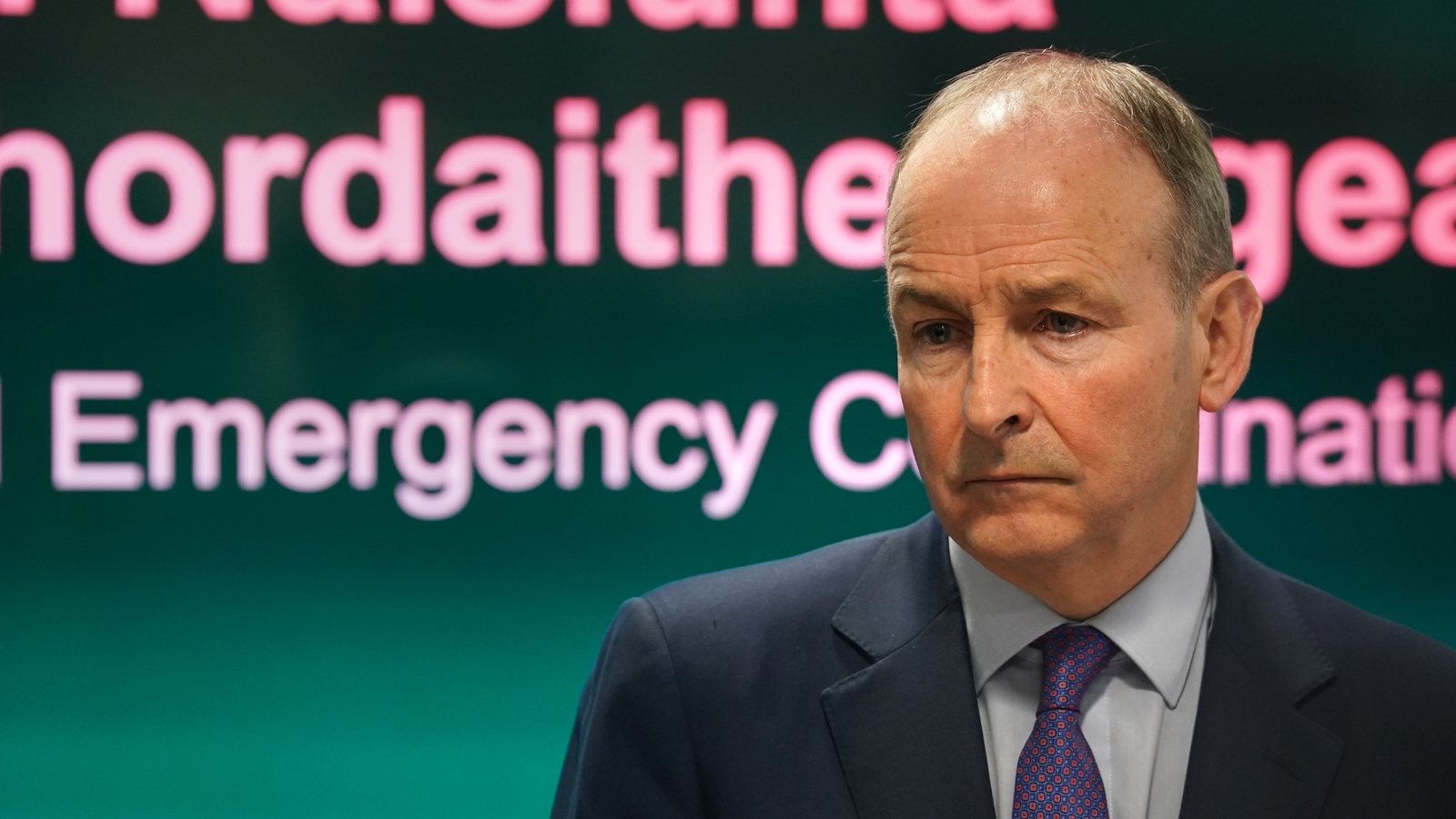Focus on definitions as family and care at forefront


First mooted as far back as 1996, and following numerous reviews and successive government commitments, the campaigns for referendums on family and women in the home are finally under way.
The Electoral Commission will this morning launch its independent information campaign at an event in the TU Dublin Grangegorman Campus, and will be sending out information leaflets to more than two million households in the coming days.
There will be two questions put to the people in these twin referendums to take place on 8 March.
One is on care in the home.
It will ask voters whether or not to delete Article 41.2 which says the State recognises that “by her life within the home, woman gives to the State a support without which the common good cannot be achieved” and that “the State shall endeavour to ensure that mothers shall not be obliged by economic necessity to engage in economic activity to the neglect of duties in the home”.
This would be replaced with gender neutral language on the provision of care with a new Article 42B which reads: “The State recognises that the provision of care by members of a family to one another, by reason of the bonds that exist between them, gives to Society a support without which the common good cannot be achieved and shall strive to support such provision.”
The other question will be on the definition of family.
It will ask voters whether or not to change Article 41.1 which recognises the family “as the natural primary and fundamental unit group of society” to insert “family – whether founded on marriage or other durable relationships.”
This would also alter Article 41.3 which says “the State pledges itself to guard with special care the institution of marriage” to remove the following part: “on which the family is founded.”
Despite strong misgivings about the wording, all opposition parties are now on board in supporting a Yes-Yes vote.
The National Women’s Council will today launch its campaign in favour of both amendments, saying “sexist, stereotypical language has no place in our Constitution and is representative of a time when women were treated as second class citizens”.
So far the No side have raised concerns around the implications of the changes for succession and family reunification for migrants.
It remains to be seen how active a role either civil society groups or the opposition play in this campaign.





